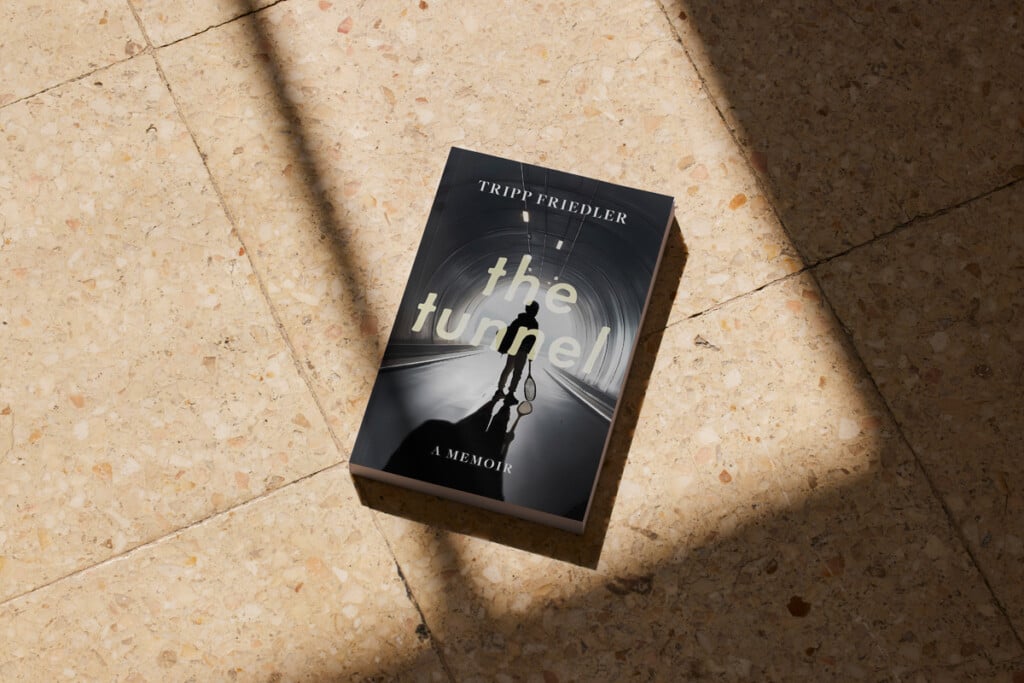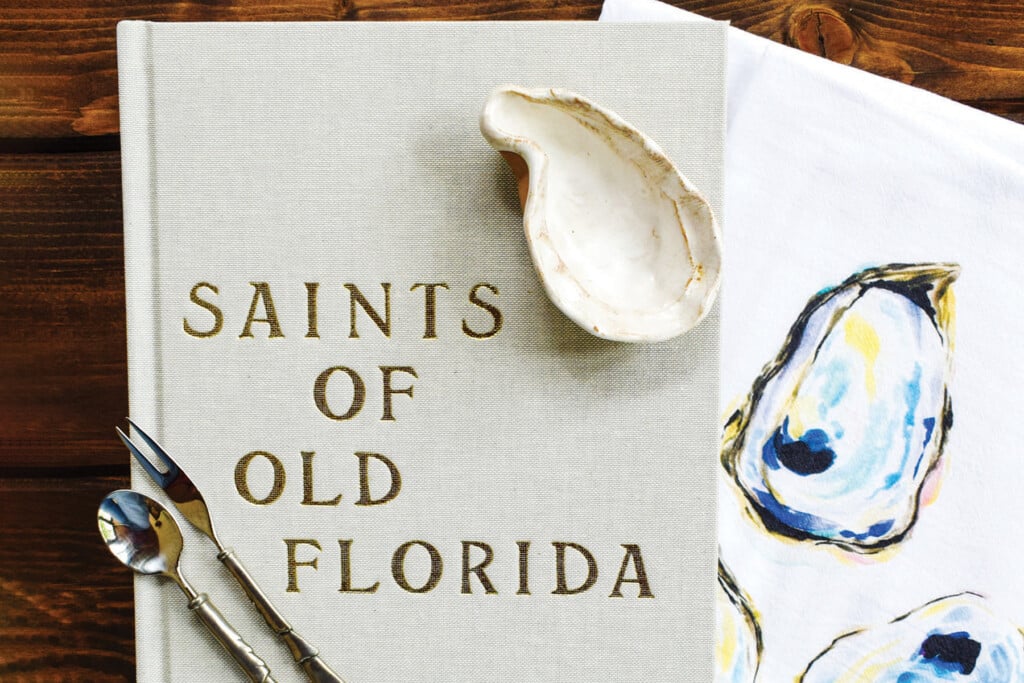The Tunnel
Tripp Friedler casts light on mental illness in striking memoir to honor his son

There’s a tradition among Southerners who travel through the George Wallace Tunnel in Mobile, Alabama.
As the tunnel dips under the Mobile River, you’re encouraged to hold your breath for the 3,000-foot expanse of it. If you manage it successfully, you can make a wish on that first gasp of oxygen, and it may be granted.
It’s a ritual New Orleans resident Tripp Friedler participated in with his children when they’d travel through on the way to their second home in Santa Rosa Beach. But when his son Henry began struggling with mental illness, Friedler could only wish for one thing: A healthy, happy Henry who would get better.
His son didn’t make it to the end of his tunnel. After battling bipolar disorder for years, Henry Frank Friedler took his own life.
He was 27.
For Friedler, penning The Tunnel: A Memoir, was taking the first breath after an unimaginable heartbreak.
“Writing this was hugely cathartic,” says Friedler. “It’s given meaning to a tragedy.”
The Friedler family’s tale is a heart-wrenching one, but one that is eloquently told through Friedler’s raw, no-holds-barred writing. There is no glamorization or embellishment. It’s a father’s bravely objective examination of his son’s harrowing struggle in navigating a brain that doesn’t want to believe it’s sick, and his family’s endeavor to support him.
Readers intimately get to know Friedler, his wife Heidi, their two daughters Patti and Kate and, above all, Henry. Told through a mostly chronological series of chapters, Friedler details the odyssey of Henry: from a tenacious boy who loves dinosaurs to a teen who excels in academics and athletics to his descent into battling cycles of mania and severe depression.
“It’s interesting, once you get over the age of 18, the health care system is so protective of the individual which, on one hand, I understand, but on the other, when you have parents who are trying to help their kids, we’ve been completely cut off,” says Friedler. “We have no rights.”
Friedler, who is openly critical of the U.S. health care system, details in his memoir how systems repeatedly failed Henry, from academic institutions to the criminal justice chain to health care facilities. Too, he believes we have criminalized mental health as a society.
“We’re willing to let guilty people go free to protect due process, but we don’t appear willing to let sick people be hospitalized in the protection of the sick,” he says. “And, because no one wants to take care of it, it’s left to the police, which is tragic.”
Education and empathy, he says, could make all the difference.
“Life is full of nuance,” he says. “If we could just take half a second to look at some of it, I think it would go a long way in helping people.”
One of the most striking recurrences within the book is Friedler’s self-criticism, often wondering if he loved his son enough, if he did the right things or could have done more.
“A parent’s responsibility is to take care of their kids,” he says. “If your kid dies, there’s a certain sense of ‘I could have done better.’ I think if people get anything from this book, it’s yes, you could have done better, and you also did the best you could. Both things can be true.”
While mental health is the main theme in Friedler’s book, it’s also about loss, grief, and recovery. When asked by readers or peers how to approach supporting a loved one with mental illness or navigating grief, his best advice is to learn how to be comfortable being uncomfortable.
“It’s uncomfortable to sit with someone with serious mental health issues; it’s uncomfortable to sit with someone whose child just died,” he says. “It’s not fun, right? But if you want to be a real friend, you should learn how to be comfortable with that and just sit, listen … give them a hug if they need it.”
For Friedler, the biggest resource has been community. It’s a tough enough fight with loved ones by your side, but it’s nearly impossible alone.
“Find a support system because they exist,” Friedler says. “Find someone who will listen to your issues with no judgment and help you try to make sense of the unimaginable.”
When all else feels lost, seek the light at the end of the tunnel, take a deep breath, and wish for the best.
Find Help
If you or someone you know is struggling with mental health, call or text 988 to reach the Suicide & Crisis Lifeline. This service provides 24/7 confidential support to anyone in emotional distress or suicidal crisis. For additional help and resources, visit NIMH.NIH.gov/health/find-help.
Where to Buy it
The Tunnel: A Memoir is available for order at your local booksellers, Amazon, and on audiobook through Audible, where Tripp Friedler narrates the story himself. Visit TrippFriedler.com for more info.


